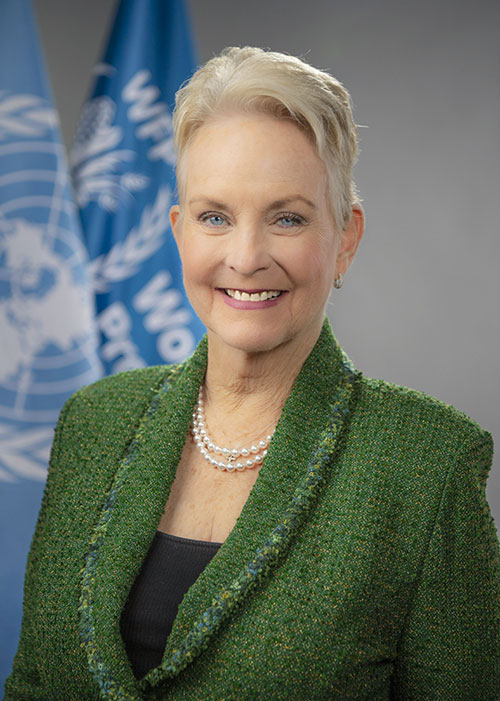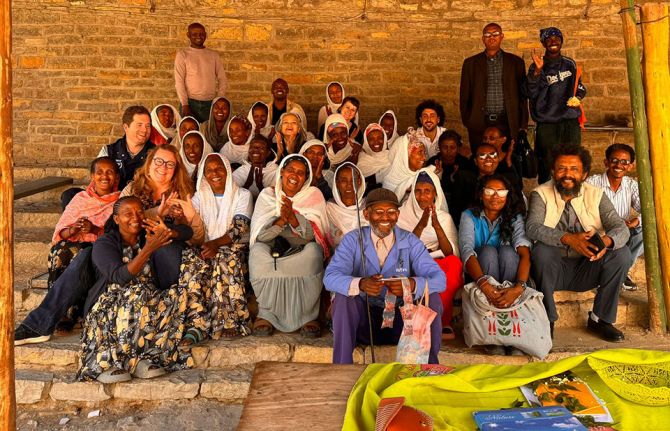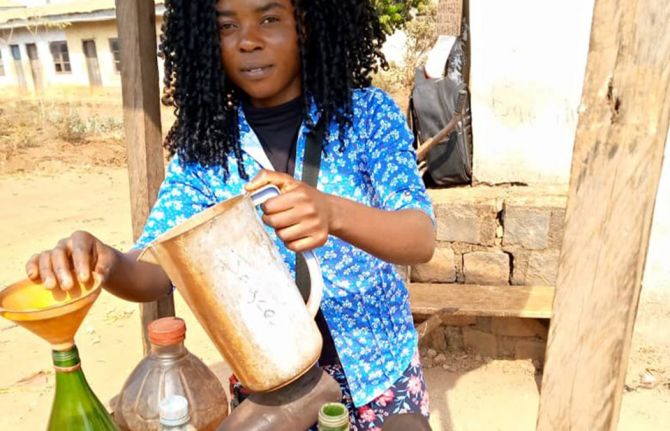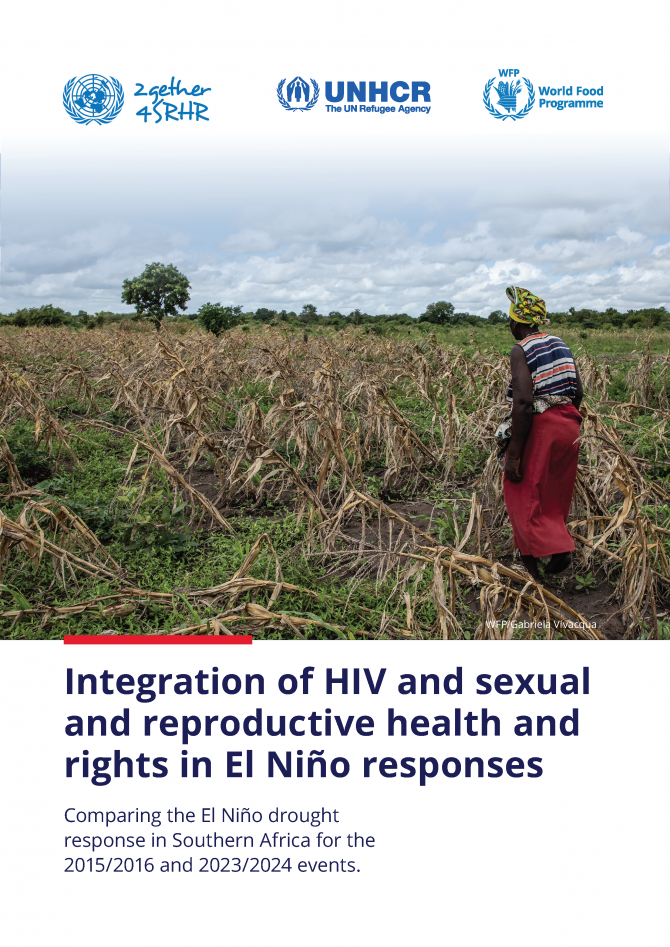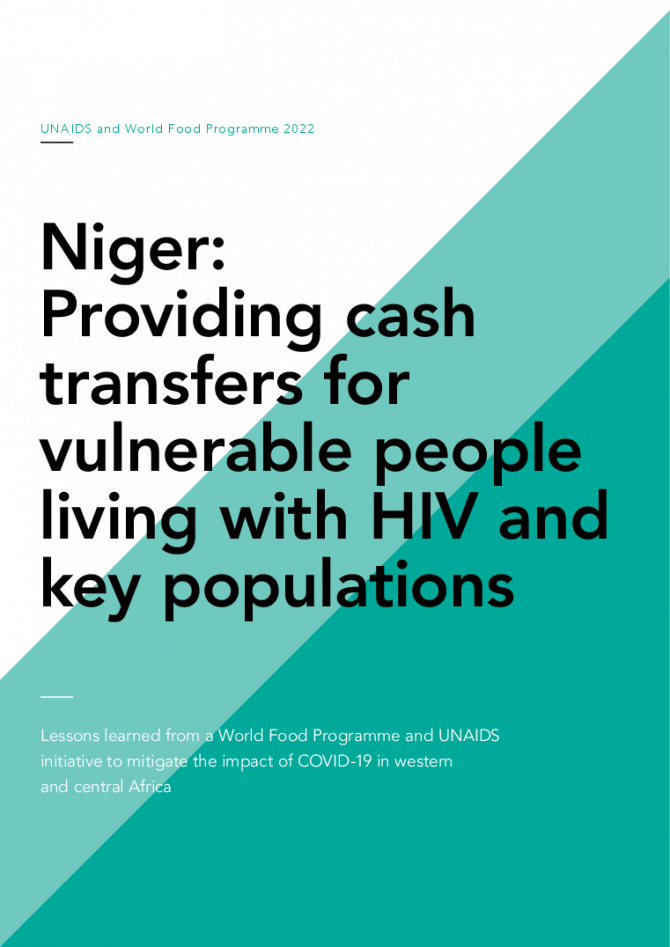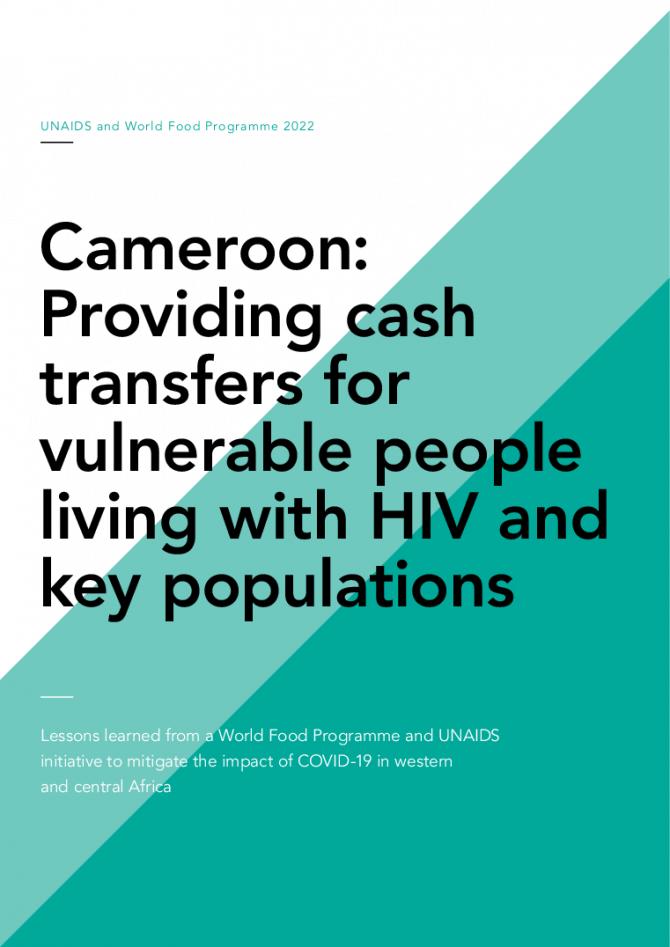
The World Food Programme (WFP) is the largest humanitarian agency tackling hunger worldwide. It has nearly 14 000 staff, who reach more than 90 million people with food assistance each year.
WFP supports national and regional efforts to ensure food security for all, including the poorest and most vulnerable children, women and men. It works with a range of partners, such as governments, United Nations agencies, nongovernmental and international organizations, civil society and the private sector, to reach its goal.
As a UNAIDS Cosponsor, WFP shares the vision of achieving zero new HIV infections, zero discrimination and zero AIDS-related deaths. Under the UNAIDS Division of Labour, WFP is the convening agency responsible for integrating food and nutrition within the comprehensive care, treatment and support package for people living with HIV and/or active tuberculosis (TB). In addition, WFP co-convenes the area of HIV in humanitarian emergencies with the Office of the United Nations High Commissioner for Refugees (UNHCR).
Nutrition and food security are critical components of care and support for people living with HIV and with TB. In line with its 2010 HIV and AIDS Policy and in response to the UNAIDS 2011–2015 Strategy, WFP’s HIV work has a strong focus on linking food and health systems through the provision of nutrition and food assistance for better health outcomes, such as nutritional recovery for malnourished people living with HIV and with TB, retention in care programmes and treatment success. WFP provides support at the individual and household levels—including food, but also cash and vouchers—to enable improved access and adherence to treatment.
Increasingly, WFP is also linking clients with social protection programmes and livelihood strengthening activities to ensure that health gains can be sustained long term, as people living with HIV need to stay on treatment for life.
WFP implements HIV and TB programmes in 29 countries, which include the following activities:
- Nutritional recovery: nutrition assessment and counselling is required by all people living with the virus and with TB, regardless of the stage of infection or treatment. Many malnourished people receive special foods for nutritional recovery and treatment success, especially during the first six months of treatment, a critical window for survival.
- Enabling adherence to treatment and retention in care: WFP provides household support to mitigate the impact of HIV on families. Assistance is provided in the form of food, cash or vouchers to prevent deterioration of individual and household well-being, thereby also enabling access and adherence to treatment. When integrated into broader maternal child health nutrition programmes, WFP household support also ensures access to prevention of mother-to-child transmission services and paediatric HIV treatment.
- Creating social protection and livelihood strengthening linkages for people living with HIV who have been established on treatment and need further support. Programmes offered to vulnerable people by national governments or other partners (i.e. not HIV or TB specific) can also assist people living with HIV to rebuild their livelihoods and sustain health gains long term.
- Utilizing HIV-sensitive programming to reach vulnerable, HIV-affected groups within the populations WFP serves. These include WFP’s school feeding programmes, which are often implemented in areas with large numbers of orphans and other vulnerable children, as well as general food distributions.
WFP is committed to assisting governments to improve national systems. It advocates for the integration of food and nutrition support within national HIV and TB programmes and protocols, and provides technical support to enhance national capacity for service delivery, linking food and health systems, and ensuring that there are broad safety nets in place that protect the livelihoods of vulnerable people, including people living with HIV and/or with active TB.
WFP has a long-standing partnership with UNHCR to ensure that food security and related needs are adequately addressed among displaced, refugee and returnee populations. They also support HIV and TB prevention and care, as well as food and nutrition assistance activities in humanitarian emergencies. Food assistance is critical for nutritional recovery, and acts as an enabler to maintain access to health facilities and continuity of treatment. WFP and UNHCR also co-lead the Inter-Agency Task Team (IATT) on HIV in Emergencies, which aims to improve HIV preparedness and responses during emergencies.
WFP leads the IATT on Food, Nutrition and HIV, which focuses on evidence-building and research, partnerships and resource mobilization for the integration of food and nutrition in the HIV response. In collaboration with IATT members, WFP is improving the understanding of the linkages between nutrition, food security, HIV and TB, as well as the critical role of food and nutrition in adherence to treatment and care. WFP and IATT members’ research explores the behavioural and biological linkages between nutrition, food security and antiretroviral therapy.
Additional information is available at wfp.org/hiv-aids.
